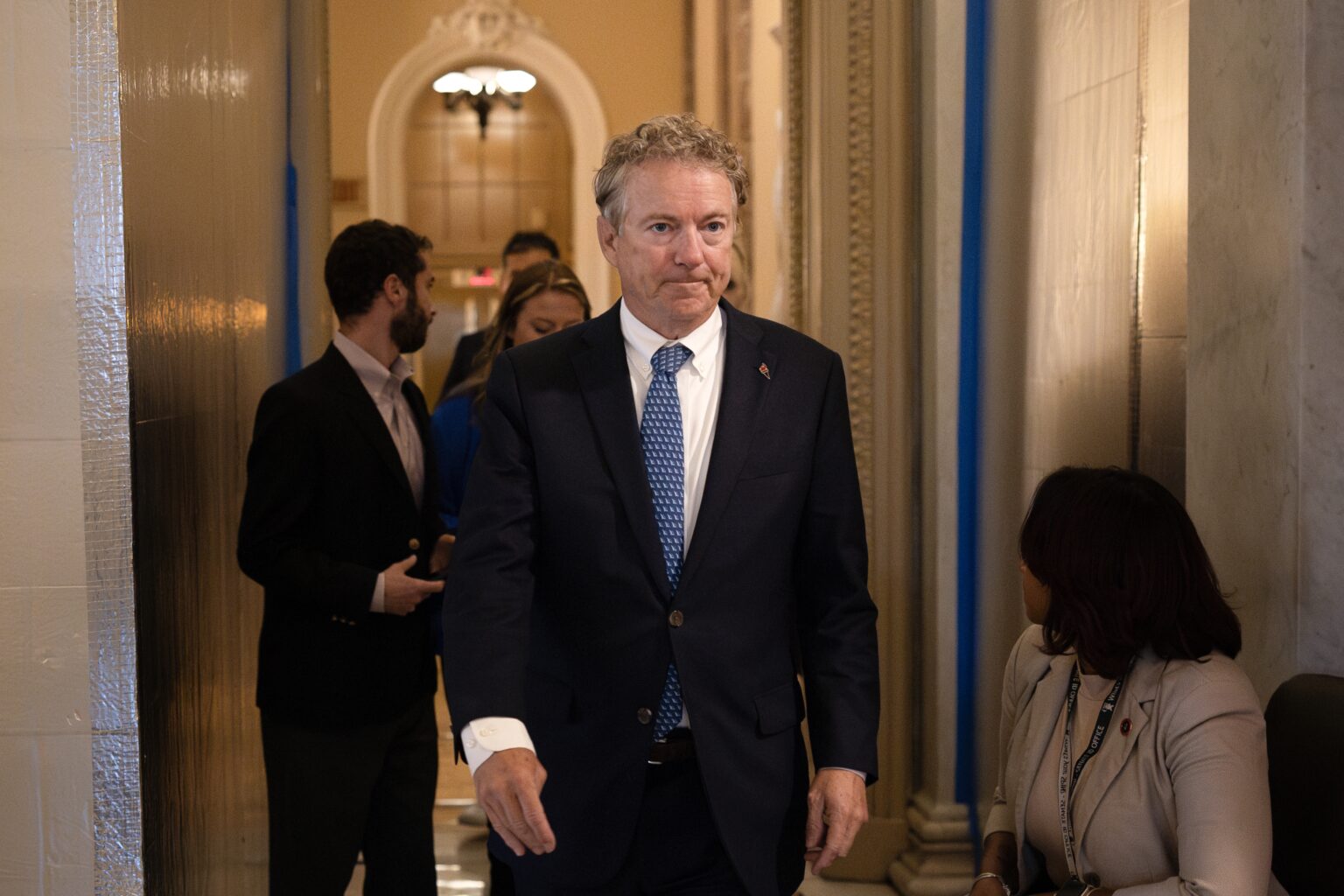Senator Rand Paul Claims Exclusion from White House Congressional Picnic as Political Retaliation
Senator Rand Paul (R-Kentucky) has publicly accused the Trump administration of deliberately excluding him and his family from this year’s White House congressional picnic, alleging that the move is a form of political retribution. Paul contends that his refusal to endorse President Trump’s signature legislative initiatives has led to this perceived act of punishment, turning a longstanding tradition into a point of contention.
“Today, when we attempted to secure our tickets, we were told, ‘You are not invited,'” Paul shared with reporters outside the Capitol building on Wednesday. While he admitted he is unsure who made the decision, he expressed his belief that the exclusion was driven by petty motives.
The Significance of the Congressional Picnic
The annual White House congressional picnic is a cherished event that has been held for decades, symbolizing a rare moment of bipartisan camaraderie. Traditionally, the White House extends invitations to all members of Congress-both House and Senate-and their families. It serves as one of the few occasions each year where political rivals come together in a relaxed setting to foster relationships beyond partisan politics.
Historically, presidents have used this event to promote unity and celebrate legislative accomplishments. During his first term, President Trump emphasized themes of national achievement and unity at the picnic, although he temporarily suspended the event during periods of political unrest, citing concerns that the timing was inappropriate. The White House has yet to comment publicly on Paul’s claims regarding his invitation status or the guest list for this year’s gathering.
Political Tensions and Disagreements
Senator Paul, known for his conservative stance and outspoken nature, has recently become a target of President Trump’s criticism. Over the past few weeks, Trump has expressed disapproval of Paul’s opposition to a major tax and spending bill, dubbed the “One Big Beautiful Bill.” Paul has threatened to oppose the legislation unless certain provisions-specifically, a significant increase in the debt ceiling-are removed. He advocates for raising the debt limit incrementally, aiming to leverage it as a tool to negotiate spending cuts.
In addition to fiscal disagreements, Paul has voiced opposition to Trump’s tariffs. Notably, he was among four Republican senators-alongside Susan Collins (Maine), Lisa Murkowski (Alaska), and Mitch McConnell (Kentucky)-who recently voted with Democrats to rescind the national emergency declaration that authorized tariffs on Canadian goods.
“His policies are frankly reckless,” Trump posted on his social media platform, Truth Social, earlier this month. “Kentucky’s residents can’t stand him,” he added, criticizing Paul’s voting record and political stance.
Trump further criticized Paul for frequently voting “NO” on legislation, claiming that such opposition is politically motivated and counterproductive. He praised other bills as “big winners,” emphasizing his preference for legislative unity.
Personal Plans and Family Involvement
Despite the controversy, Senator Paul expressed his intention to attend the picnic with his family, including his son, daughter-in-law, and his six-month-old grandson. He shared that his grandson plans to wear a “Make America Great Again” hat to the event, symbolizing his support for the president’s agenda.
“It’s truly disheartening that this is where we’ve arrived,” Paul lamented. “Every Democrat and Republican is invited, yet my family is no longer welcome. That’s quite sad.”
Historical Context and Broader Political Climate
The White House has previously postponed the picnic, notably in 2018, amid controversy over the administration’s immigration policies, which included separating families at the U.S.-Mexico border. This year, political tensions remain high, especially regarding President Trump’s decision to deploy the military during protests against Immigration and Customs Enforcement (ICE) raids in Los Angeles, a move opposed by California’s Democratic governor, Gavin Newsom.
Furthermore, logistical issues may also impact attendance. For instance, the House Appropriations Committee is scheduled to meet late into the evening on Thursday, potentially preventing some lawmakers from participating in the festivities.
Conclusion
The exclusion of Senator Rand Paul from this year’s White House congressional picnic underscores ongoing partisan tensions and the shifting nature of political traditions. While the event remains a symbol of bipartisan unity, recent disputes highlight how political disagreements can influence even the most symbolic gestures of camaraderie in Washington.

